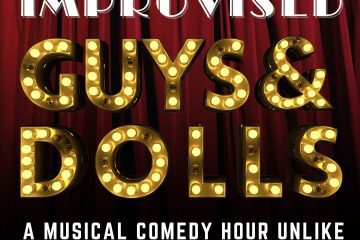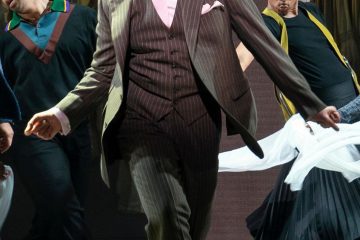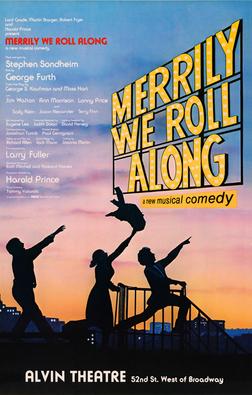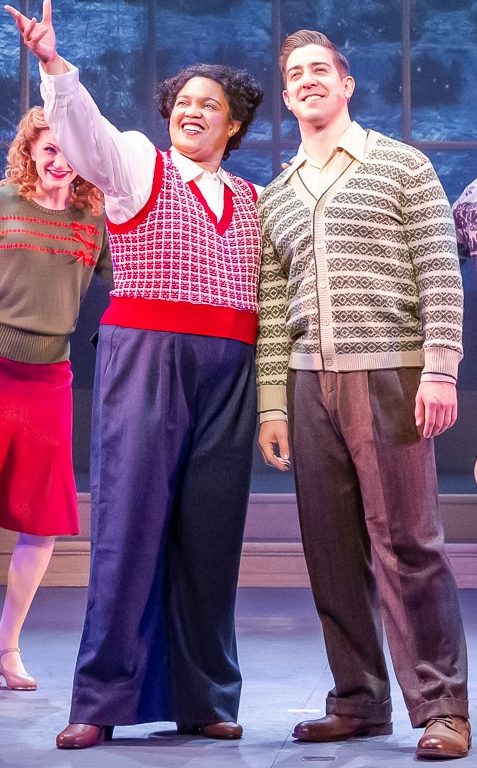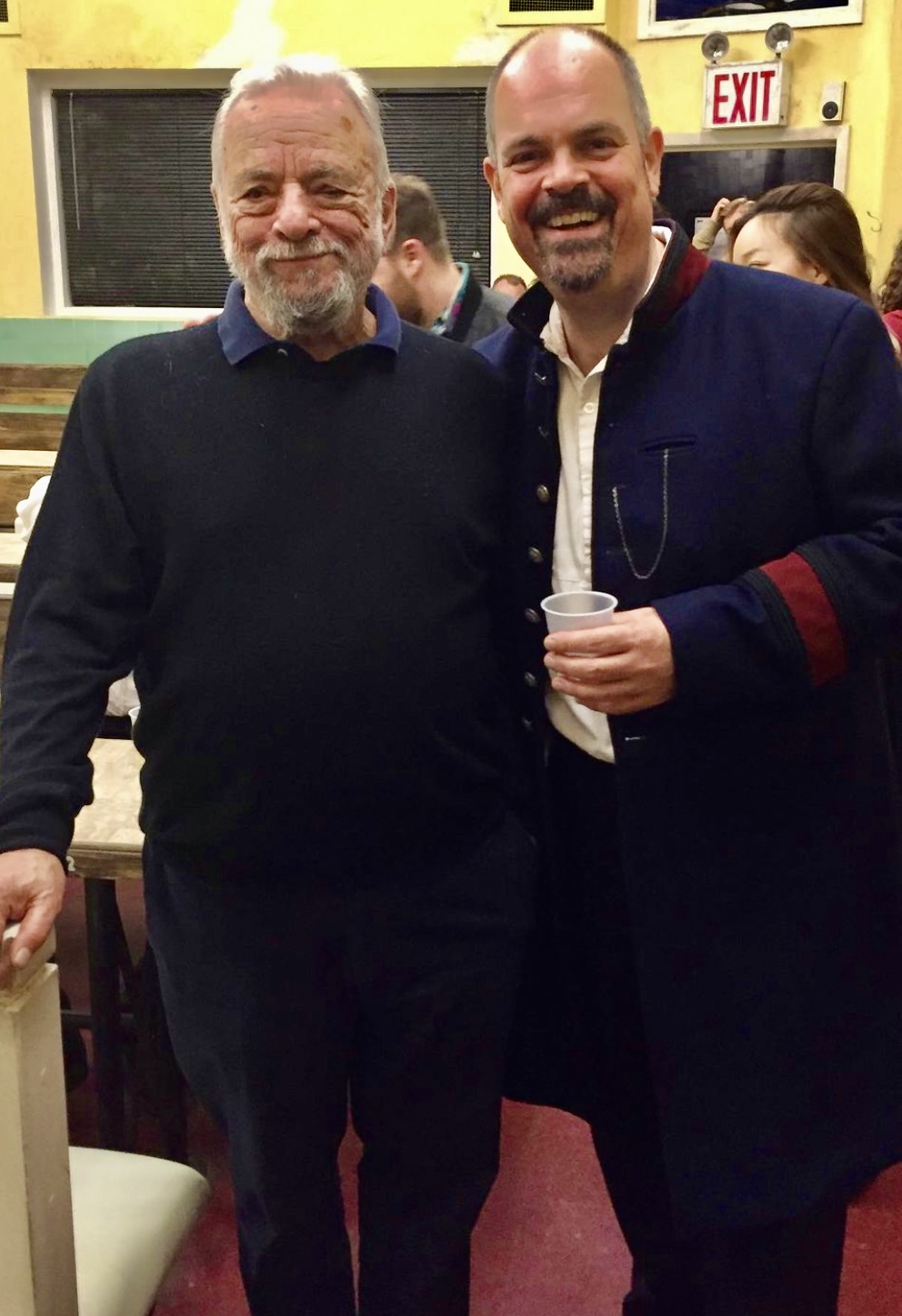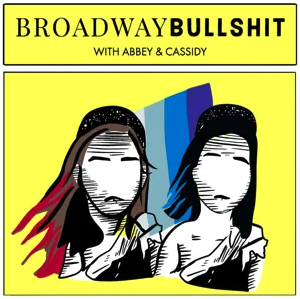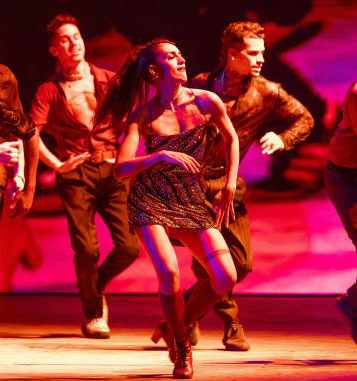Phony Winning Musical
Laura Hall (from TV’s “Whose Line Is It, Anyway?”) discusses Phony Award Winning, the improvised musical comedy inspired by classic musicals that she co-created and which performs Sunday nights at the IO Theater in Chicago. Laura, who got her start at Chicago’s Second City and Annoyance theaters, reveals how her early training and connections led to this exciting new improvisational form. Laura shares which other musicals they’re considering for future performances (and why none of them will be Hamilton); how the cast is flexible enough to swap roles every performance; the extent to which doing televised improv differs from doing it onstage; how to make audiences completely relaxed right at the top of the show; the exciting motivation to see the show more than once; and how improvising in the language, style, and tropes of different musicals offers fun and specific new challenges. (Length 21:15)
Podcast: Download (24.4MB)
